World Cup 2018: Is England really bringing the trophy home?

The FIFA World Cup in Russia has been a real spectacle so far, from favourites crashing out to failed throw-ins and penalty shoot-outs. As we have progressed through the weeks, we have seen the likes of Germany, Argentina and Spain all get knocked out while the likes of Russia and Sweden have made it to the quarter-finals and impressed one and all with their spirited football. However, the toast of the World Cup has been England and their fans that have made all the headlines with their raucous chants of “It’s Coming Home”.
The song was born more than 20 years ago, ahead of Euro 1996. It was created by the comedy duo of Frank Skinner and David Baddiel and Ian Broudie’s band The Lightning Seeds. It was released in May 1996, ahead of the Euros and went straight to the top of the UK Singles Chart and stayed there for two weeks straight. It was updated for the World Cup 1998, but was forgotten soon after that. That is, until now.
Following England’s thumping 6-1 win over Panama in the second group game, it made its return through social media. Having gone viral on digital channels, it made its appearances on Russian streets and stadiums as well, where hordes of English fans sang it out loud in anticipation of going all the way in the Mundial. As of now, it can unofficially be branded as the theme song of the Three Lions.
But exactly how just is the claim, and can the Europeans actually go on to win the coveted trophy?
Let’s find out.
Can English fans actually dream big?
England came into Russia on the back of an extremely successful qualification campaign. They were the leaders in Group F, winning eight and drawing two of their 10 games. In their first group stage game against Tunisia, the Three Lions scraped through with a 2-1 win. However, in the next one they hammered puny Panama 6-1 and right after this win, the song went viral on social media.
In their final group game against Belgium, Gareth Southgate rested some of his key players in order to avoid a win and thus get relatively “easier” opponents in the knockout stages. The plan worked, as they lost 1-0 and managed to avoid the likes of France, Brazil and Spain at least till the semi-finals.
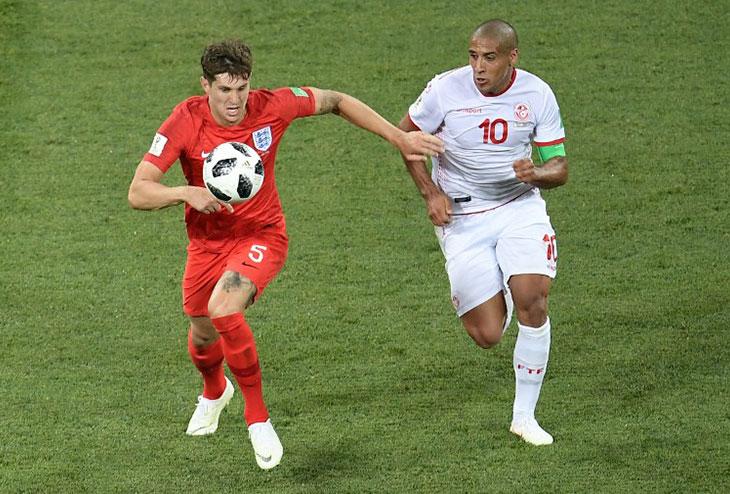
In their pre-quarter game, England was drawn with Columbia. Harry Kane opened the scoring for the Three Lions but a last-gasp equalizer from Yerry Mina led the match to extra-time. With nothing to separate the two sides, the game went to penalties where the Europeans registered a historic 4-3 win. For the first time since 1990, England was triumphant at a tie-breaker. The chants have only grown louder since then.
Is all this talk pre-mature?
It goes without saying that while expecting England to go all the way is no doubt pre-mature; they have shown real mettle thus far. The current English side is a far cry from their predecessors, who despite having excellent ball-players preferred a kick-and-run type of football. Southgate, a former England player who coincidentally missed a penalty at Euro 1996, usually sets up his team in a 3-5-2 formation. The focus is on a possession and press-centric system which looks to exploit spaces and create chances rather than on brutal tackling and hoofing the ball up from defense.
Being more in tune with the modern game requires footballers who are more technically adept and extremely hard-working. In Eric Dier, Delle Alli, Jordan Henderson and Jesse Lingard, Southgate has exactly those qualities. Always eager to be the extra man up front or track back the opposition winger, the midfield has been vital in England’s performances so far.
Moreover, having someone as lethal as Harry Kane upfront has also helped the cause. The Tottenham Hotspur’s man has been unstoppable so far in the Mundial, scoring 6 goals in 3 appearances. Raheem Sterling has also been brilliant as the false 10 who links the midfield to the attack. The backline, comprised of John Stones, Kyle Walker and Harry Mcguire have been very solid and compact as well.
Jordan Pickford did not have much to do during the group games but delivered when required in the tie-breaker against Columbia a couple of days back. Regarded as one of the top young goalkeepers in the world, the Evertonian has certainly lived up to his potential so far.
Can the trophy really come home?
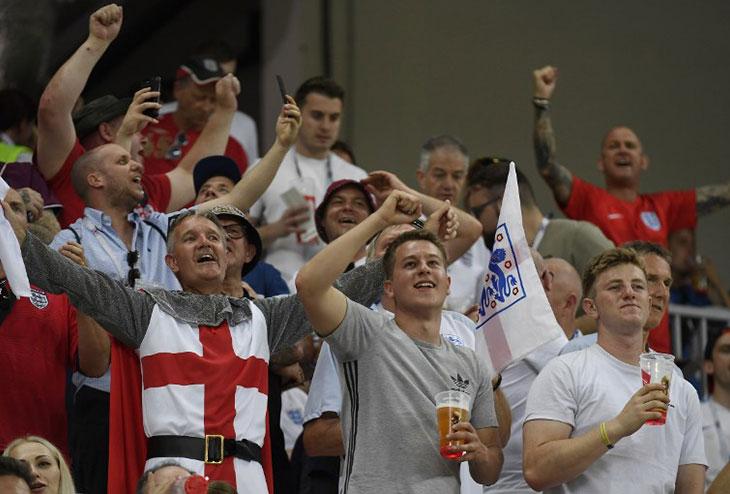
All this brings us back to the question: Is it really coming home? Or to be more nuanced, can it really come home? The Three Lions face Sweden in the quarter-finals next and that will certainly be their biggest test so far. The likes of Granqvist, Lindelof and Berg will give the midfield and attack some real headaches but nothing that England should find extremely hard to cope. They have already shown their mental fortitude by holding their nerves and winning the penalties against the Los Cafeteros.
If they manage to get past Sweden, they will be pitted against either Croatia or Russia in the semi-finals. At this stage of the World Cup, it is indeed impossible to call out the favourites but even in this tie, England is the stronger side on pen and paper. In the final, the opponents could be one either France or Belgium. The result of the final would be impossible to predict as of now but one thing is for certain, their path is pretty clear-cut.
England are current holders of U-17 & U-20 World Cups
Interestingly, if the Mundial does come home, it will be only the second time in history that a country will be holding World Cups at the U-17, U-20 and senior level trophies. Only Brazil have the distinction of doing that, having accomplished the envious feat back in 2002 and 2003.
The junior age-group English sides also have some incredible players. The most promising ones are Phil Foden, who set the U-17 final on fire by scoring a brace and setting up 3 more against Spain. Rhian Brewster, George McEachran and Callum Hudos-Odoi are some of the other starlets. The U-20 team had Dominic Solanke, Dominic Calvert-Lewin and Ademola Lookman in their ranks, all excelling in the limited playing times that have been allotted so far in their young careers.
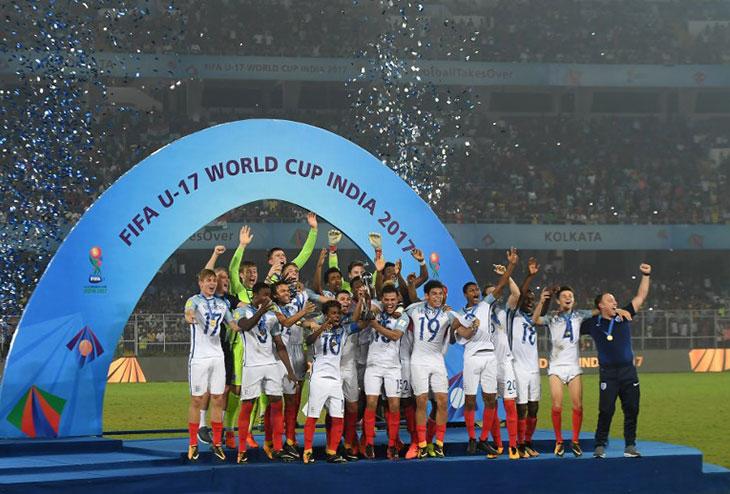
It is thus, safe enough to assume that after years of false hopes, a new breed of English talent, who are technically gifted and have the ability to mould themselves, in the long run, is finally rising.
The change in age-old techniques, philosophy and coaching methods is also being inducted at a critical juncture in their footballing history, which should only aid the growth of these players. Thus, irrespective of whether they win the Cup or not, the people of the Isles can expect to see some exciting teams don the famous white jersey for the next decade or so.
First published: 7 July 2018, 15:25 IST


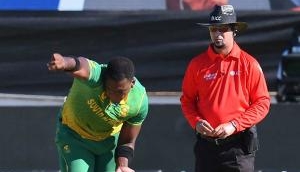

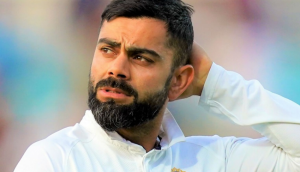
![BJP's Kapil Mishra recreates Shankar Mahadevan’s ‘Breathless’ song to highlight Delhi pollution [WATCH] BJP's Kapil Mishra recreates Shankar Mahadevan’s ‘Breathless’ song to highlight Delhi pollution [WATCH]](https://images.catchnews.com/upload/2022/11/03/kapil-mishra_240884_300x172.png)

![Anupam Kher shares pictures of his toned body on 67th birthday [MUST SEE] Anupam Kher shares pictures of his toned body on 67th birthday [MUST SEE]](https://images.catchnews.com/upload/2022/03/07/Anupam_kher_231145_300x172.jpg)






